Whether you're on a vegetarian or vegan diet or just want to cut some meat out of your weekly diet, plant-based proteins are the answer to maintaining a balanced diet.
These foods include soy, nuts, legumes, and quinoa. Some plant-based proteins not only compete with meat, but also have more protein per calorie. Eating plant-based is a healthier choice overall and you can get sufficient protein without including meat thanks to these foods.
Have a look at the best selection of protein foods, which are completely plant-based.
1. Spirulina
Spirulina is a product that is most often associated with healthy eating. The blue or green algae is a plant-based protein rich in iron, vitamin B6 and manganese. Two tablespoons of it contain about eight grams of protein, or about 64 grams per cup. Not that eating a cup of spirulina is a good idea-it's often sold as a powder to add to smoothies, protein shakes, juice, or it is taken as a supplement. So even though it's a high protein plant food, people don't eat the same amount that they eat soy products or nuts.
2. Peanuts
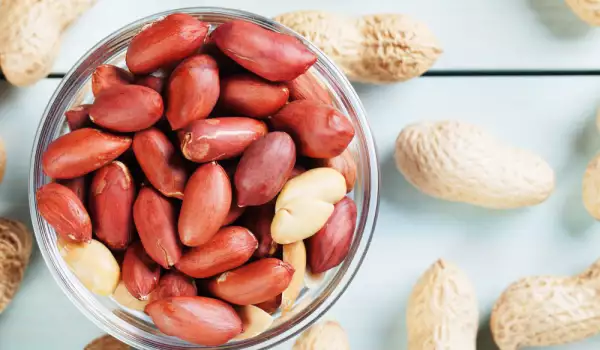
Peanut butter is one of the easiest vegetarian foods to find and eat and it's full of plant-based protein. In fact, one cup of peanuts contains 38 grams of protein, making them a top plant for this powerhouse nutrient. Although many people think that peanuts are nuts, they are actually legumes. As well as being high in protein, they are is also high in fat - something to keep in mind when consuming them.
3. Almonds
Nuts in general are a great source of protein and almonds have the most protein compared to walnuts, pistachios, hazelnuts, and cashews. A cup of almonds contains about 30 grams of protein and as a bonus, this nut is also high in vitamin E. The easiest way to eat almonds is straight from the package, but they can also be in many foods. For example, almond milk is a good source of plant-based protein and can replace dairy in coffee, smoothies and cereal.
4. Sunflower seeds
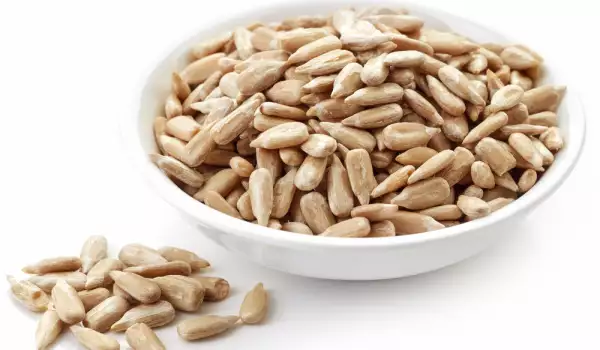
The seeds are a readily available and delicious food to add to a variety of dishes, and sunflower seeds contain about 29 grams of protein per cup. That's why sunflower oil, a slice of bread with sunflower tahini and salt often replaces nut butter for those with allergies. It has a good amount of vegetable protein while being an easy to use food that is easy to store. The whole, peeled seeds are also great on their own. Sprinkle a handful of them over a salad, over granola, over roasted carrots, or whatever comes to mind.
5. Soy
Mainly soy protein includes tofu. It is a processed food made from soy that is often used as a meat substitute and/or the main source of protein in a vegan or vegetarian dish. Soybeans are a complete protein, meaning they offer eaters all nine essential amino acids our bodies need. The amount of protein in each soy-based food differs and in usually, hard tofu contains about 20 grams per cup and tempeh has 30 grams per cup.
6. Lentils
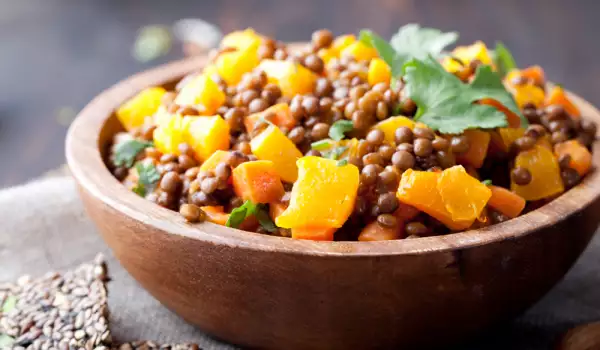
A cup of boiled lentils contains about nine grams of protein per cup. It is easy to cook, easy to find and easy to store. Plus, there are so many things one can do with this versatile legume. Mix any kind of lentils into a thick lentil stew or hot soup on a cold night. Turn them into vegan lentil meatballs or add them to your salad.
7. Quinoa
Quinoa is considered a whole grain, but it's actually a seed. This is another complete protein and contains about eight grams of protein per cup plus a good dose of fiber, iron and magnesium. This superfood can appear on the plate as a main dish, similar to the way rice, pastries or salad are used, but it can also be added to rolls, cakes and bread. Quinoa is a gluten-free food that can complement a dish or be the star. Try it for breakfast mixed with chocolate soy milk, lunch combined with roasted feta cheese, tomatoes and zucchini, or for dinner mixed into gluten-free turkey meatballs.
8. Potatoes
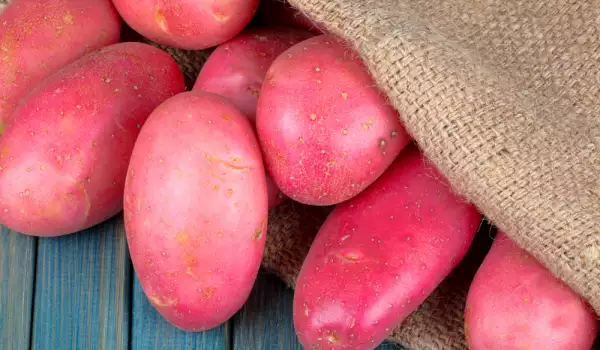
Researchers have recently found that potatoes contain a high amount of protein that can help maintain muscle, especially in women. Not all potatoes are created in the same way, though-the red potato trumps its red and gold cousins when it comes to protein and at four and a half grams per cup, they pack nearly twice as much as the others. The best part about using potatoes as plant-based protein, it's that there are so many ways to prepare potatoes.
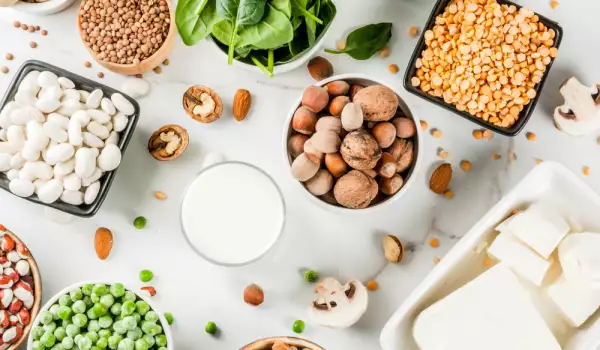
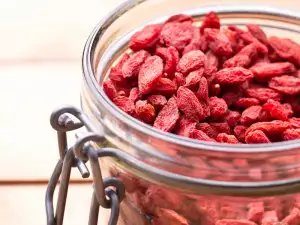
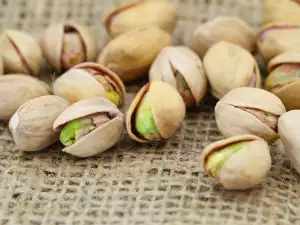

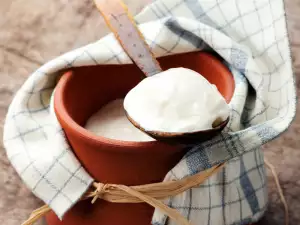
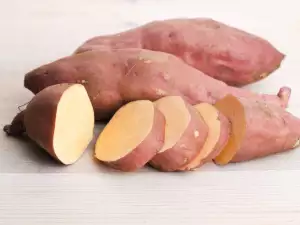
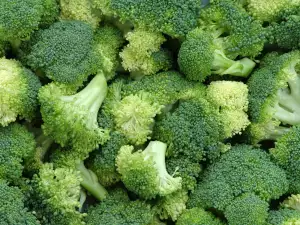
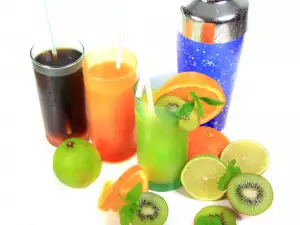
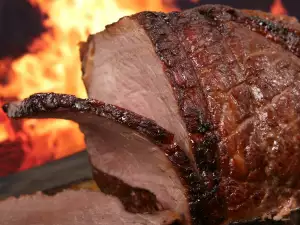

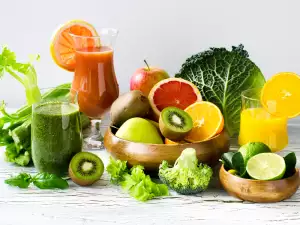



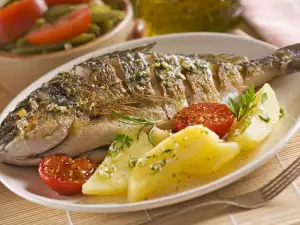
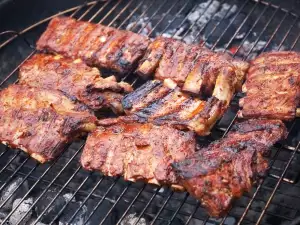




Comments